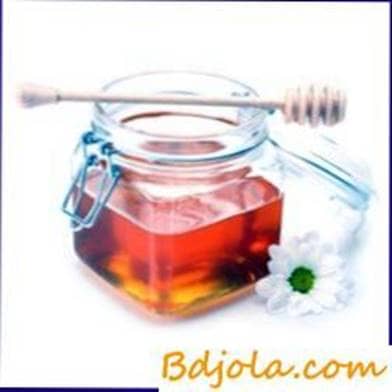
It is not recommended to use honey for people with excessive sensitivity to it and patients, as shown by the limited use of carbohydrates; in the form of inhalations with pulmonary emphysema, bronchial and cardiac asthma, myocarditis, valvular heart defects, pulmonary tuberculosis, etc.
Excessive sensitivity (idiosyncrasy) to honey is manifested in fever, fainting, urticaria, itching, runny nose, faintness, diarrhea and other unwanted reactions.
Do not give honey to children who are sick for diathesis. It must also be remembered that it is possible to be treated with honey only under the supervision of a qualified specialist, other self-medication can lead to undesirable consequences.
Дезинфекция улья и рамок. Фольбекс.
Bee Honey